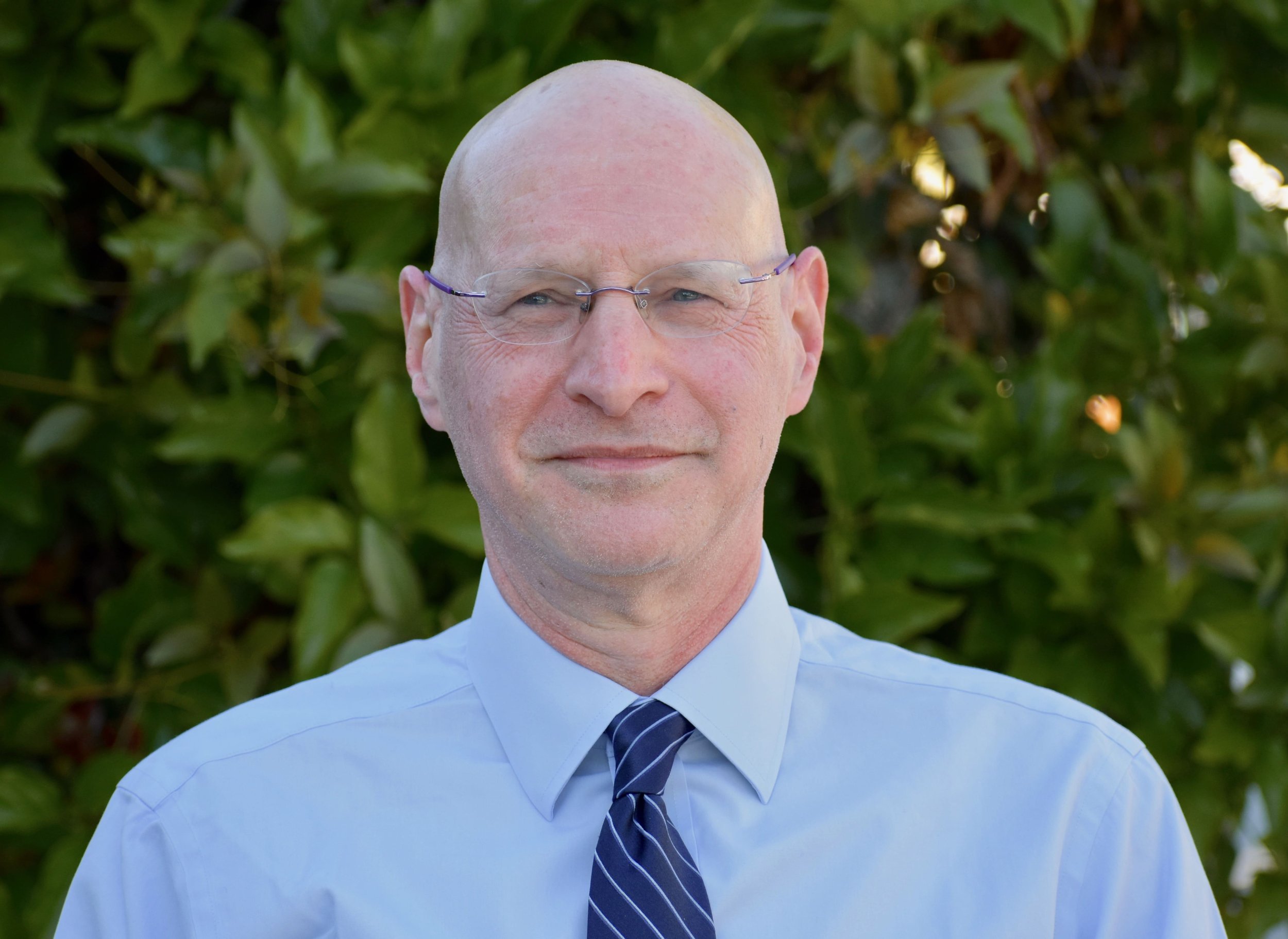
We want you to get the care you deserve, returning you as soon as possible to the trail & flourishing.
““An educated consumer is our best customer.” ”
Howard Gershenfeld, MD, Ph.D.
I am a Board Certified Adult Psychiatrist with 25+ years of experience, specializing in Anxiety and Depressive disorders and appreciating the uniqueness of clients’ stories and strengths. I prefer brief therapies that work and best practices, namely Evidence- and Measurement- based (measuring what one treasures) approaches. In general, I use "big tent" Cognitive Behavioral Therapy strategies combined with medication individually tailored to the client. Also, I weave in helpful features of Metaphorical, Narrative, Personal Construct, Enneagram, Existential, and Quality of Life therapies. Formerly, I was a faculty member and clinician-scientist at the Univ. of Texas Southwestern Medical School (Dallas, Tx.) x 13 yrs. I had multiple roles, doing basic molecular genetics (on Individual Differences in mouse models of anxiety, depression, & antidepressant response), clinical research (on Gulf War Syndrome , Recurrent Major Depression, & Interpersonal Personality), and teaching, while also treating patients, training students, residents, and fellows. I’ve also worked in an underserved community mental health clinic in Northern California. Finally, for 10+ years, I worked overseas as a Regional Psychiatrist in the US Dept. of State, posted x 2-3 yrs. in Ghana, India, Greece, and Austria, covering a surrounding region of countries. During this decade, I treated a wide variety of life problems and mental health issues among staff & their families. The range of issues included dealing variously with disasters / emergencies ( terrorist incidents, civil wars, frozen conflicts, infectious disease epidemics, financial crises, coups, earthquakes, violent protests, etc.), sudden unexpected deaths, workplace morale issues, transition stress, interpersonal conflicts, anger issues, marital frayings, insomnia, demoralizations, parenting issues, student anxiety, anxiety disorders, depression, vocational discernment, leadership / management concerns (Executive Coaching), PTSD, and substance misuse. The most rewarding part of the job is getting to know people and then watching people flourish. When not working, I enjoy working out at the gym, hiking / walking, reading, live performances, dodging COVID, sports hassling, and travel.
EDUCATION: I was an undergraduate at the University of Chicago, and then received my MD and PhD (Cancer Biology-Molecular Immunology) at Stanford Univ. School of Medicine. I continued my training as a psychiatric resident at Stanford and then did a postdoc in the Clinical Neuroscience Branch at the National Institute of Health/ NIMH. Further details about my work related interests and publications can be found at: LinkedIn Bio and Publications (6800+ citations)
Q: How I work differs from most providers?
In general, there are ways in which working with me differs from working with other providers.
1) Time Limits: As an "out of network” provider (= not constrained by Insurance companies and their policies), I pay less attention to the clock than others. Whenever possible, I like to focus on optimizing the benefit to the patient. Hence, I end a session at a logical therapeutic stopping point, rather than because a certain time has elapsed. For example, flat-fee new patient intakes of are ~ 90 min.’s (Flat Fee = $345). Yet, I’ve had sessions as short as 60 minutes and as long as 2 hours, charging the same amount regardless of the length of the meeting. The work of getting you well is prioritized, not the amount of time we spent discussing it. I hasten to add that very short or long sessions are the exception; much of the time, my sessions are of conventional length. However, from my experience with clients with good emotional self-regulation, I find getting folks off on the right path and spending more time on the treatment options with practical suggestions and tools for immediate improvement seems helpful.
2) Scheduling Follow-up Appointments (No “Locking-in” to regular appoints or Monthly Subscriptions): I avoid scheduling sessions at regular weekly or monthly intervals. Personally, I’m convinced that defaulting to regular sessions conveys exactly the wrong message. My meetings with clients are for determining the next steps in the work of getting you well and adhering to “community medical standards” / best practices (e.g., at least 3 visits for Antidepressants in the first 12 weeks of treatment & follow-up visits every 3 months; If stable, then refer back to your Primary Care Provider). As a result, this might require getting together a few days after an initial visit or perhaps not until the following month. I believe the between session work and practice is a key contributor to progress and well-being. Also, YOU are the best judge of what will work for you and when the next session should be scheduled.
- modified from an article by Jay Efran on his way of working
Are you appropriate for Tele-psychiatry?
Adult residents living in California (age 18 or older) suffering with an Anxiety disorder (like Generalized Anxiety Disorder, Social Phobia, Panic Disorder, Agoraphobia, Obsessive Compulsive Disorder, Phobias), Depressive disorders, Insomnia, or adjustment / transition issues are appropriate. In general, I rarely prescribe controlled substances. As I don’t have hospital admitting privileges and work only part-time, I am lousy fit ( = unable to provide high quality support) for people with the following conditions:
Any Psychotic disorder (Schizophrenia, Schizoaffective, or others)
Personality disorders (e.g., Borderline/ Narcissistic),
Any history of Suicide attempt(s) OR Psychiatric hospitalization(s) in the last 3 years
ADHD requiring controlled substance prescriptions
Substance abuse disorders
Fragile, brittle, or unstable clients with frequent emergency needs, urgent crises, or hospitalizations.
